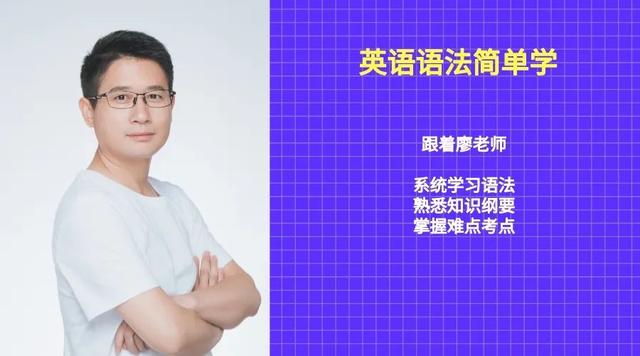【上期回顾】
【本期内容】
一、内容纲要


二、内容简述
(一)构成方式
该时态下,动词的形式是:would do。其中,would为助动词,do为动词原形。此时,would不受主语的人称和数的变化的影响,其否定表达为would not,可以缩写为wouldn't。
(二)基本用法
1、通常用于描述在过去的某个时间点谈论将来要发生的事情。如:
His grandparents would take care of him when his parents were busy.
以前他父母忙的时候,总是祖父母照顾他。
He had miscalculated how long the trip would take.
这次旅行要花多少时间,他当时估计错了。
2、也可以用来表示过去习惯。如:
When I was a child, I would spend hours playing in the park.
我小时候会花几个小时在公园玩耍。
We used to love going to the beach, and we would always bring a picnic.
我们过去喜欢去海滩,而且总是会带上野餐。
3、常用于间接引语中。如:
She told me that she would move to a new city after graduation.
她告诉我她毕业后会搬到一个新城市。
He asked her if she would go to the dance with him.
他问她是否愿意跟他去跳舞。
(三)标志词
过去将来时通常没有自己特定的标志词,但会有表过去的时间背景交代,所以需要注意所描述的事情到底是基于过去的时间点来讲接下去要发生的事情,还是基于现在时间来讲将要发生的事情。
(四)动词的形式变化
would do中的would没有形式变化,其后的动词也都采用原形。
(五)句型变化
原句:He would spend hours on the telephone during his first job.
否定句:He would not spend hours on the telephone during his first job.
一般疑问句及其回答:
- Would he spend hours on the telephone during his first job?
- Yes, he would.
- No, he wouldn't.
划线部分提问:
How long would he spend on the telephone during his first job?
(六)特殊情况
1、would常用来表达委婉语气或虚拟语气,而不一定是指过去。常would like to、would rather/sooner等结构中。如:
We have a buyer who would like to view the property.
我们有一买主想看看这房产。
He would rather die than be a convict.
他宁愿死也不愿当囚犯。
2、其他过去将来的表达方式,如:
1)was/were going to do,如:
She was going to travel to Europe after graduation.
她当时打算毕业后去欧洲旅行。
2)was/were to do,如:
The meeting was to start at 10 a.m.
当时会议定于上午10点开始。
3)was/were about to do,如:
He was about to leave when the phone rang.
他正要离开时,电话铃响了。

